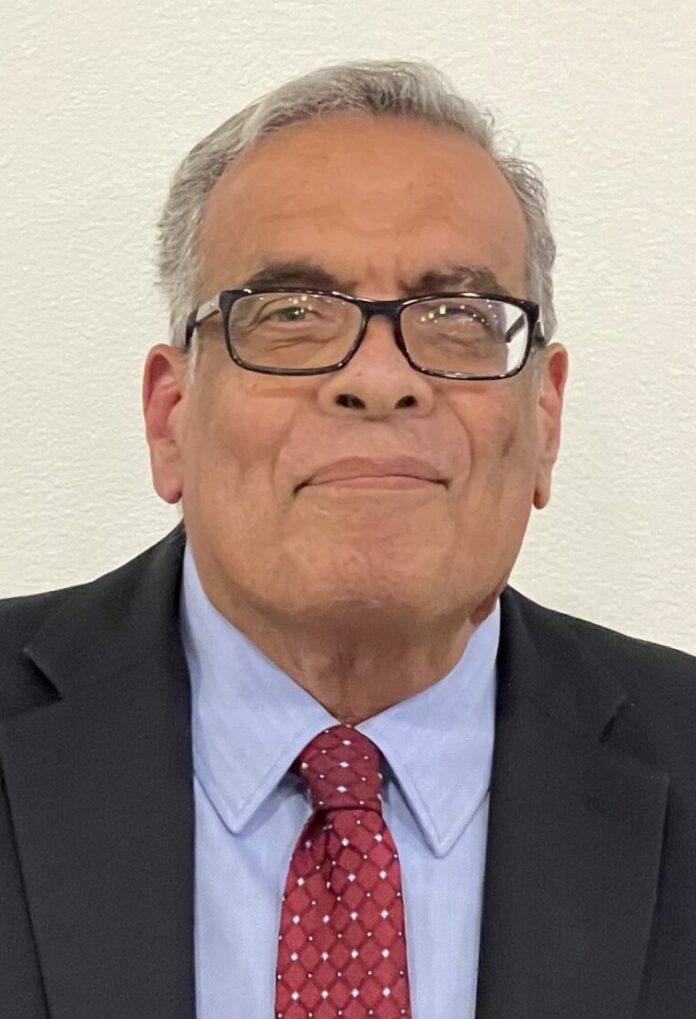Ahmed Enany was a key player in L.A.’s development of a bioscience industry. He created the Southern California Biomedical Council in 1995 as part of the Rebuild L.A. initiative after the 1992 civil unrest, and he continued to operate it as chief executive. Called “Mr. Biotech,” Enany virtually campaigned for the industry here. Business Journal reporters sought him out over the decades because he was a font of insight, perspective and wisdom. Enany died March 22 following a long illness. He was 68.
“No one contributed more or worked harder than Ahmed Enany to build and strengthen the life sciences ecosystem in the greater Los Angeles region,” said Jonathan G. Lasch, the vice chair of SoCalBio. He added that Enany tirelessly built a huge network, so important to helping the industry get rooted. “He connected all of us in a meaningful and powerful way, helping everyone who sought his support.”
A memorial is planned at the Athenaeum on the California Institute of Technology campus although a date had not been set as of late last week.
• • •
Massive jury awards – those of $10 million or more – are on the rise, and California is No. 2 in the country when it comes to delivering them.
That’s according to a study put out last week by the U.S. Chamber of Commerce Institute for Legal Reform.
These so-called nuclear verdicts add uncertainty and layers of cost throughout our economy that we all pay, and they undermine the rule of law in the process, the institute said. Over the 10 years analyzed, California delivered 211 reported nuclear verdicts that amounted to $9 billion in damages.
Close to a third of California’s nuclear verdicts came in auto accident litigation (32.7%). Another big category was product liability (25%), mainly in cases involving asbestos, talcum powder and weed-killer products such as Roundup. California had fewer than normal nuclear verdicts in medical malpractice claims, mainly because of a state law that inhibits them.
The national leader for nuclear verdicts, interestingly, is Florida.
• • •
Have you noticed an uptick in the quality of job applications in the last few months? If so, you may have ChatGPT to thank. Or blame.
ResumeBuilder.com, which offers help for resume writers, last week released a survey of 1,000 hiring managers, and 60% of them report a boost in the quality of applications since ChatGPT’s launch in November. The artificial intelligence tool is so good at writing that only 18% of hiring managers could successfully identify cover letters written by it.
Although some maintain that ChatGPT is cheating, more than 80% of hiring managers admitted they use it, too, mainly to write job postings.
The Insider is compiled by Editor-in-Chief Charles Crumpley. He can be reached at [email protected].

